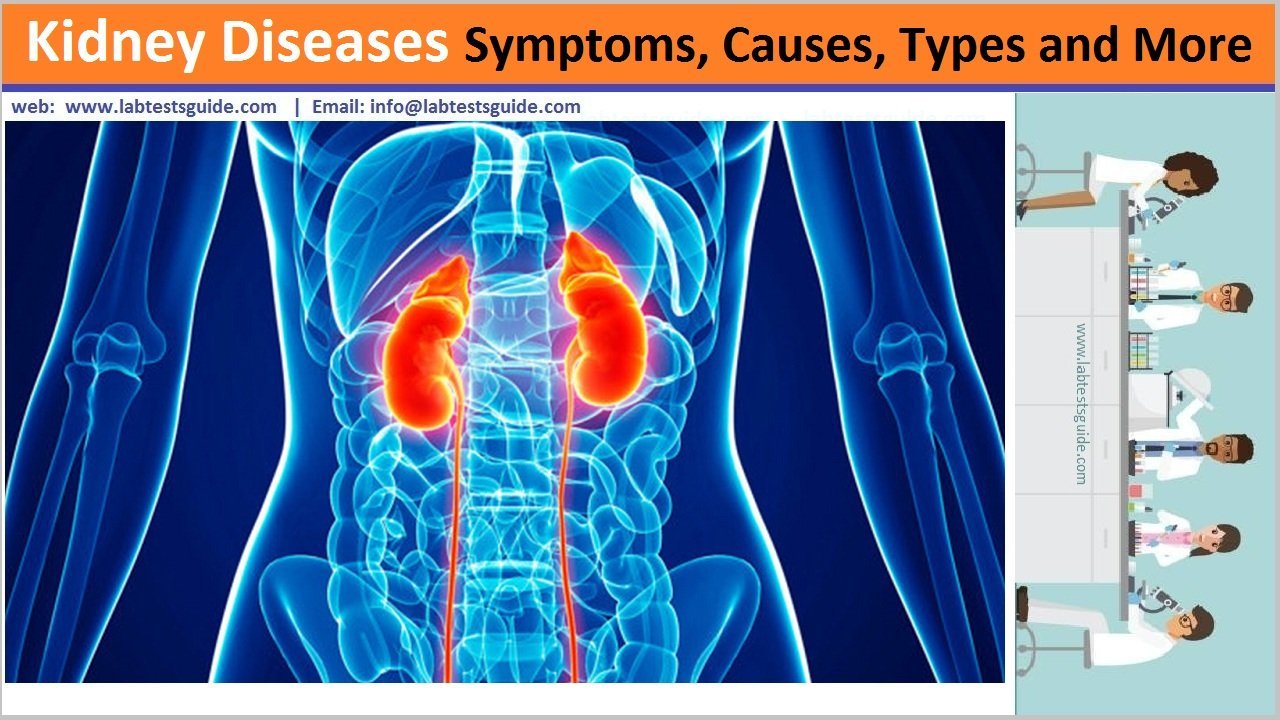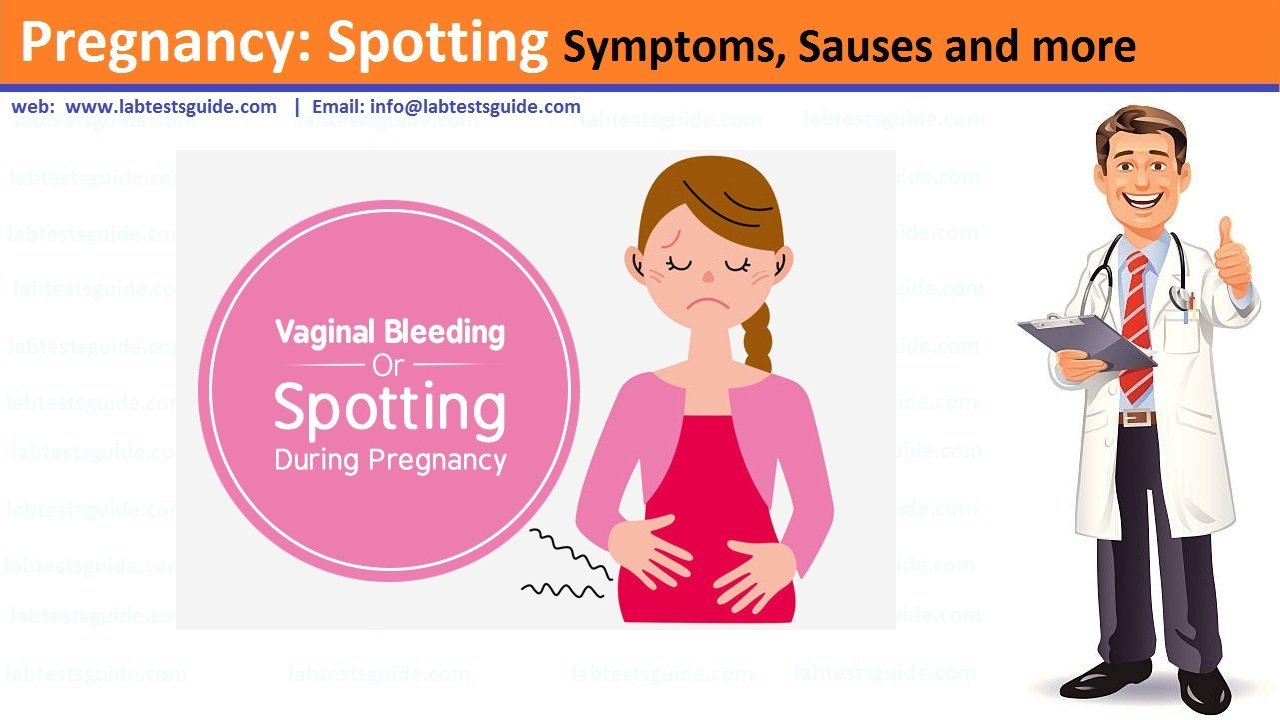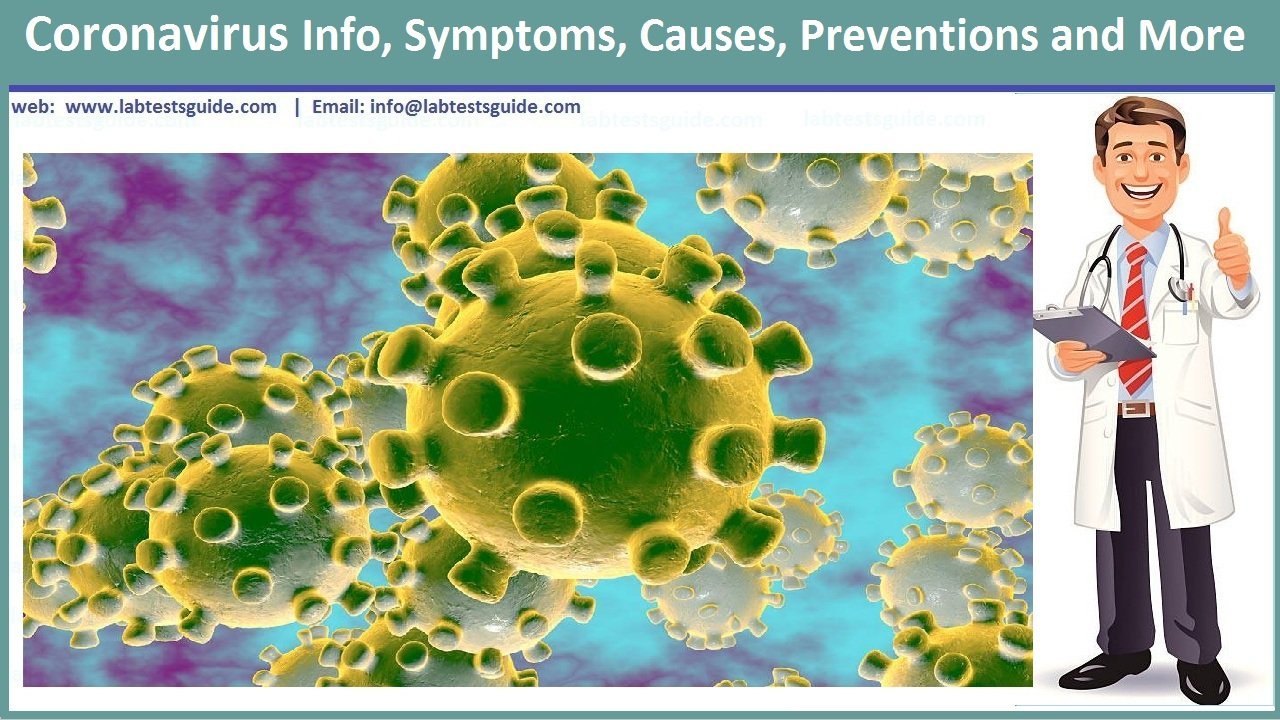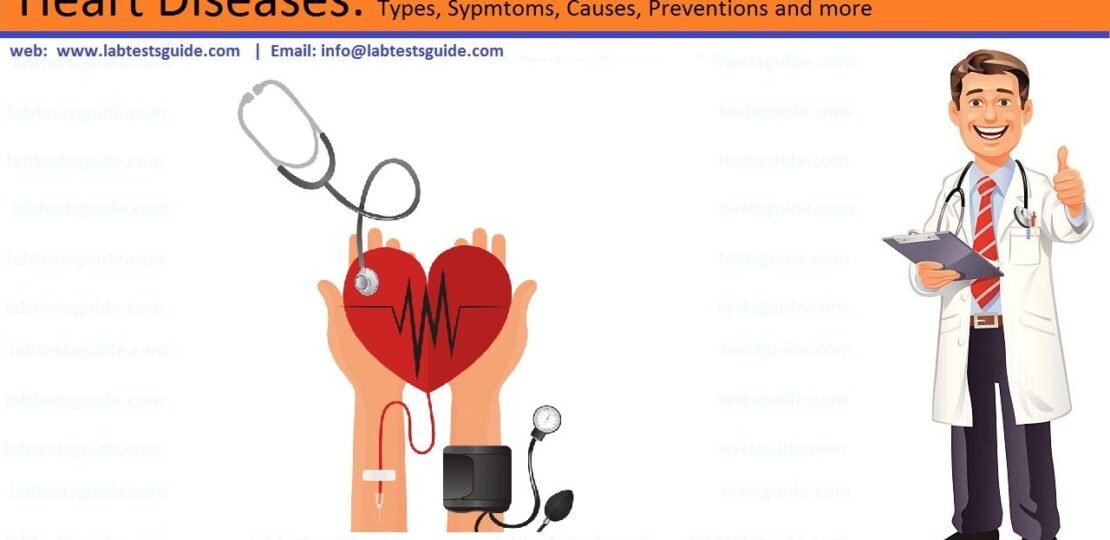
Overview:
Heart disease is a general term that refers to a variety of medical conditions that affect one or more of the components of the heart. Anything that damages the heart or decreases the oxygen supply of the heart, affects the efficiency of the muscle or reduces its ability to pump blood will alter the coordinated relationship between the heart, kidneys and blood vessels and can damage not only the heart but also the rest of the body The body too. Heart disease may be present at birth (congenital) or may develop throughout your life.
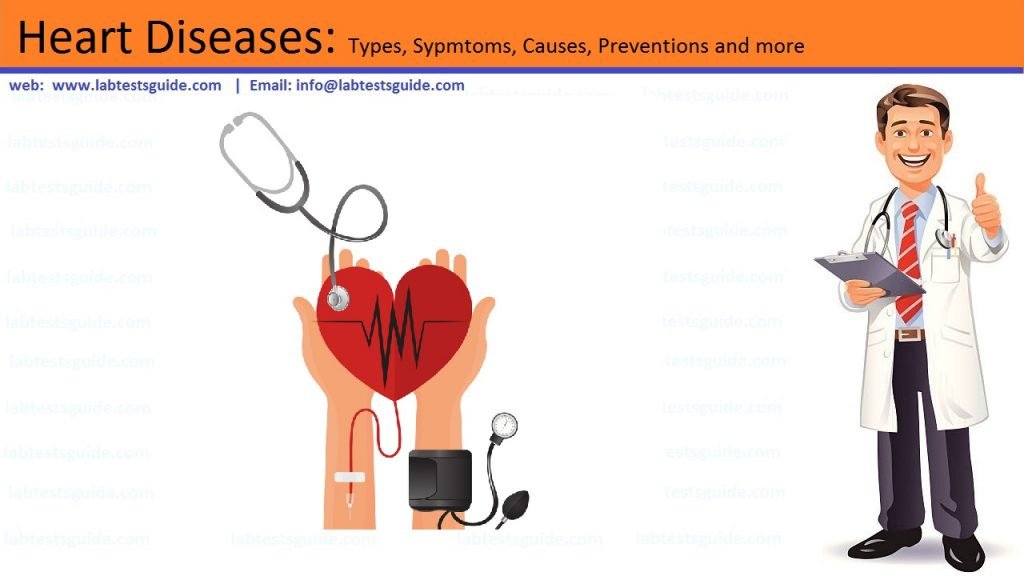
Different types of Heart Disease:
- Arrhythmia. An arrhythmia is a heart rhythm abnormality.
- Atherosclerosis. Atherosclerosis is a hardening of the arteries.
- Cardiomyopathy. This condition causes the heart’s muscles to harden or grow weak.
- Congenital heart defects. Congenital heart defects are heart irregularities that are present at birth.
- Coronary artery disease (CAD). CAD is caused by the buildup of plaque in the heart’s arteries. It’s sometimes called ischemic heart disease.
- Heart infections. Heart infections may be caused by bacteria, viruses, or parasites.
Sign and Symptoms of Heart Diseases:
Heart disease may have a rapid onset (acute) or develop over time (chronic). They can be transient (coming and going), relatively stable or progressive. They can cause a variety of signs and symptoms that often change and / or get worse over time.
Chronic heart disease may have episodes with acutely worse symptoms. These can be solved alone or with treatment, persist or endanger life.
People with early heart disease may experience few or vague symptoms, such as:
- Fatigue
- Short of breath
- Dizziness
- Nausea
However, these symptoms do not indicate the particular type of heart disease present. These symptoms can also be seen with a variety of other conditions.
As the disease progresses, the signs and symptoms may get worse and include additional ones, such as:
- Swelling of feet, legs and / or abdomen.
- Irregular heartbeats or changes in the strength of cardiac contractions (arrhythmia)
- Chest pain, discomfort or pressure
- Pain in the left shoulder, arm, back or jaw.
- Dilation: stretching of one or more of the cavities of the heart, which makes its interiors enlarge due to the increase in pressure.
- Inability to keep up with increasing demands for oxygen and disposal of waste products, such as during physical activity
- Insufficient contraction: the chambers of the heart do not empty or fill completely while the heart pumps blood
- Ventricular hypertrophy: increased thickness of the walls of the heart, causing a decrease in the size of the chambers and also a decrease in the flexibility of the heart.
Risk factors of Heart Diseases:
Risk factors for developing heart disease include:
- Age. Aging increases your risk of damaged and narrowed arteries and weakened or thickened heart muscle.
- Sex. Men are generally at greater risk of heart disease. However, women’s risk increases after menopause.
- Family history. A family history of heart disease increases your risk of coronary artery disease, especially if a parent developed it at an early age (before age 55 for a male relative, such as your brother or father, and 65 for a female relative, such as your mother or sister).
- Smoking. Nicotine constricts your blood vessels, and carbon monoxide can damage their inner lining, making them more susceptible to atherosclerosis. Heart attacks are more common in smokers than in nonsmokers.
- Certain chemotherapy drugs and radiation therapy for cancer. Some chemotherapy drugs and radiation therapies may increase the risk of cardiovascular disease.
- Poor diet. A diet that’s high in fat, salt, sugar and cholesterol can contribute to the development of heart disease.
- High blood pressure. Uncontrolled high blood pressure can result in hardening and thickening of your arteries, narrowing the vessels through which blood flows.
- High blood cholesterol levels. High levels of cholesterol in your blood can increase the risk of formation of plaques and atherosclerosis.
- Diabetes. Diabetes increases your risk of heart disease. Both conditions share similar risk factors, such as obesity and high blood pressure.
- Obesity. Excess weight typically worsens other risk factors.
- Physical inactivity. Lack of exercise also is associated with many forms of heart disease and some of its other risk factors, as well.
- Stress. Unrelieved stress may damage your arteries and worsen other risk factors for heart disease.
- Poor hygiene. Not regularly washing your hands and not establishing other habits that can help prevent viral or bacterial infections can put you at risk of heart infections, especially if you already have an underlying heart condition. Poor dental health also may contribute to heart disease.
Testing:
Laboratory Tests:
- Lipid panel (LDL-C,HDL-C, cholesterol, triglycerides)
- hs-CRP
- Lipoprotein a
- Troponin (high-sensitivity troponin)
- CK-MB
- CPK
- BNP and NT-proBNP
- Pericardial fluid analysis
- Blood culture
- Blood gases
- Comprehensive metabolic panel (CMP)
- Electrolytes
- Complete blood count (CBC)
- A medical history
- A physical examination
- An electrocardiogram (ECG or EKG)
- Echocardiography
- Stress testing
- Chest X-ray
- CT (computerized tomography) scan
- Continuous ECG monitoring
- MRI (magnetic resonance imaging)
- PET (positron emission tomography)
- Radionuclide imaging
Preventions:
- Quit smoking
- Control other health conditions, such as high blood pressure, high cholesterol and diabetes
- Exercise at least 30 minutes a day on most days of the week
- Eat a diet that’s low in salt and saturated fat
- Maintain a healthy weight
- Reduce and manage stress
- Practice good hygiene
RELATED POSTS
View all
